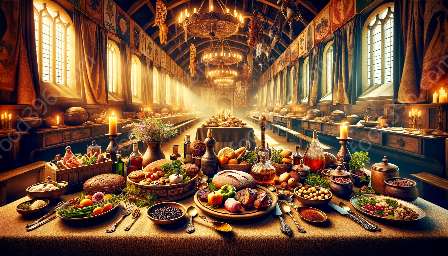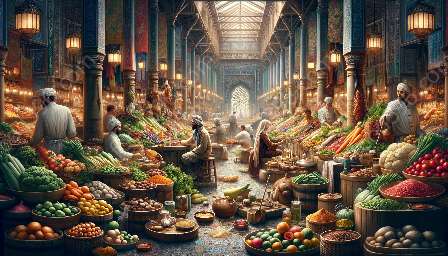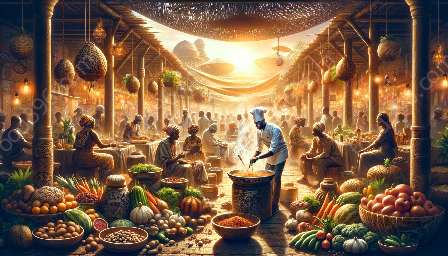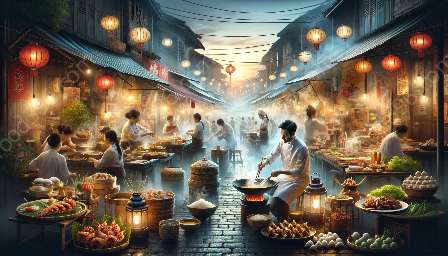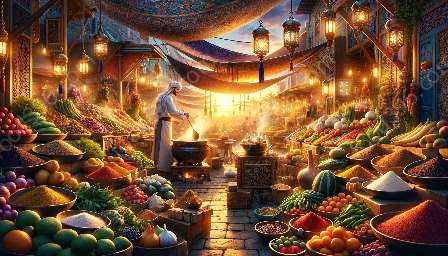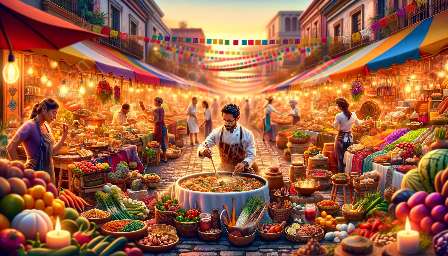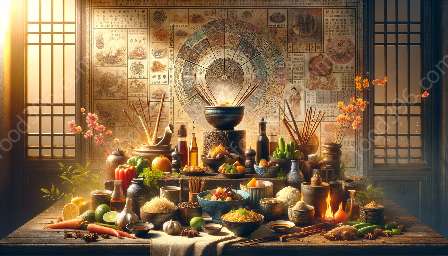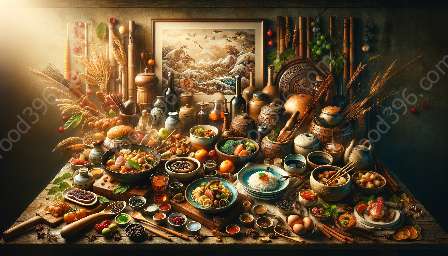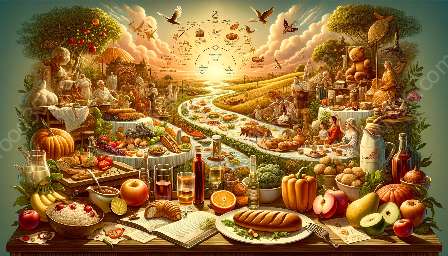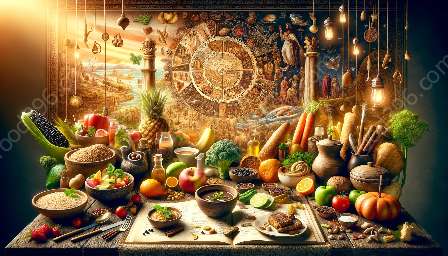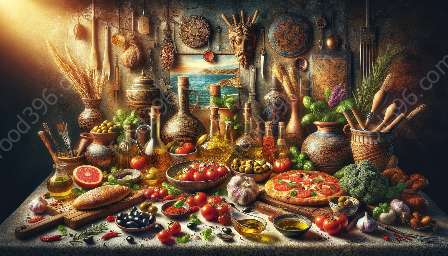Chinese cuisine has a rich history that spans thousands of years, reflecting the diverse culture and traditions of the Chinese people. From its ancient roots to its modern global influence, Chinese cuisine continues to be celebrated for its unique flavors, cooking techniques, and cultural significance.
Ancient Origins
The history of Chinese cuisine can be traced back to ancient times, with evidence of early cooking practices dating back to the Zhou dynasty (1046–256 BC). The development of Chinese culinary traditions was influenced by factors such as geography, climate, agriculture, and philosophy, leading to diverse regional cuisines and cooking styles.
Imperial Influence
During the imperial era, Chinese cuisine flourished as a result of the royal patronage and the culinary innovations of palace chefs. The refinement of cooking techniques, the use of rare and exotic ingredients, and the creation of elaborate banquet dishes became hallmarks of Chinese haute cuisine.
Cultural Significance
Chinese cuisine holds a central place in the country's culture and social customs. Food is deeply intertwined with Chinese traditions, rituals, and symbolism, playing a vital role in festivals, family gatherings, and daily life. Traditional Chinese culinary practices, such as the art of tea drinking, dim sum, and the concept of yin and yang in food, continue to shape the cultural identity of the Chinese people.
Regional Diversity
China's vast landscape and varied climate have given rise to a diverse array of regional cuisines, each with its own distinct flavors and ingredients. From the spicy dishes of Sichuan province to the delicate flavors of Cantonese cuisine, the regional diversity of Chinese cooking reflects the unique culinary heritage of each area.
- Sichuan Cuisine: Known for its bold and spicy flavors, Sichuan cuisine incorporates the use of Sichuan peppercorns and chili peppers to create fiery and aromatic dishes.
- Cantonese Cuisine: Renowned for its emphasis on fresh ingredients and delicate flavors, Cantonese cuisine features steaming, stir-frying, and braising as key cooking techniques.
- Shandong Cuisine: Characterized by its emphasis on seafood and a variety of cooking methods, Shandong cuisine highlights the use of clear broths and light, savory flavors.
Influences on Global Cuisine
The global influence of Chinese cuisine has been profound, as Chinese culinary traditions have spread to all corners of the world, influencing the development of international cooking styles. Across the globe, Chinese restaurants serve as ambassadors of culture, introducing people to the diverse and complex flavors of authentic Chinese dishes.
As the popularity of Chinese cuisine continues to grow, fusion cooking, where traditional Chinese flavors are combined with local ingredients and cooking techniques, has also gained widespread appeal. From the adaptation of Chinese stir-fry dishes to the incorporation of Chinese spices and seasonings in international cuisines, the impact of Chinese culinary traditions on global food and drink is undeniable.
Modern Innovations
With the advent of modern technology and globalization, Chinese cuisine has adapted and evolved to meet the demands of contemporary lifestyles and palates. From the rise of fast-casual Chinese restaurants to the proliferation of online cooking tutorials, Chinese culinary traditions continue to thrive in the digital age.
Furthermore, the rise of celebrity chefs and culinary influencers has brought Chinese cuisine to the forefront of the global culinary stage, showcasing the skill, creativity, and innovation that define modern Chinese cooking.
Preservation of Tradition
Amidst the rapid changes in the culinary landscape, efforts to preserve and celebrate traditional Chinese cuisine are underway. initiatives such as the documentation of age-old recipes, the safeguarding of culinary techniques, and the promotion of sustainable farming practices aim to ensure the continuity of China's rich culinary heritage for future generations.
From the ancient origins of Chinese cuisine to its modern-day influences, the history of Chinese cooking is a testament to the enduring legacy of a culinary tradition that has captured the hearts and taste buds of people around the world.
